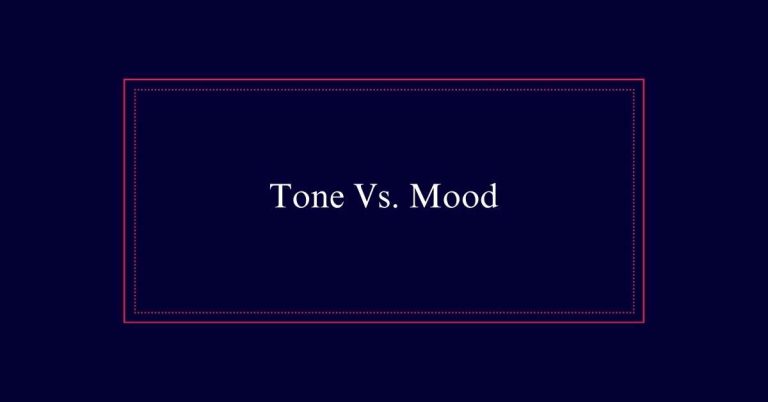How Do You Spell Donut?
The word ‘doughnut’ originated in the early 19th century, combining ‘dough’ and ‘nut’ to describe the sweet treat. Over time, ‘donut’ emerged as a simplified spelling, gaining popularity in the 20th century. This change aligns with American English trends towards simpler spellings.
The company Dunkin’ Donuts notably popularized ‘donut,’ making it a common alternative. Influential figures like Noah Webster also advocated for simpler spellings to standardize American English. Today, both ‘doughnut’ and ‘donut’ are widely accepted, with ‘donut’ being more common in the U.S.
Origin of ‘Doughnut’
Originating in the early 19th century, the term ‘doughnut’ refers to a small lump of fried dough. The word combines ‘dough,’ meaning the uncooked batter, and ‘nut,’ signifying a small, round shape. This spelling became the standard in English-speaking countries.
Fried dough treats have existed for centuries, but the specific term ‘doughnut’ emerged during this period. These fried confections were often homemade and enjoyed as a sweet treat. The original spelling highlights the components and preparation method.
Over time, the doughnut became a staple in various cultures, evolving in flavors and shapes.
Rise of ‘Donut’
The simplified spelling ‘donut’ gained traction in the 20th century, reflecting a broader trend toward streamlined American English. This shift was part of a larger movement to simplify language, making it more accessible and efficient.
Several factors contributed to the rise of ‘donut’:
- Cultural Influence: The term ‘donut’ became popular through media and advertising.
- Branding: Companies like Dunkin’ Donuts adopted the simpler spelling, reinforcing its use.
- Modernization: Streamlined spellings aligned with contemporary trends in language.
- Usage: The shorter form was easier to write and remember, facilitating its widespread adoption.
This evolution mirrors the natural progression of language, where simpler forms often supplant more complex ones over time.
American English Influence
American English’s preference for simplified spellings played a pivotal role in the widespread acceptance of ‘donut’ over ‘doughnut.’ This trend aligns with American tendencies to streamline language for ease of use.
The shorter form, ‘donut,’ is easier to write and pronounce, appealing to a culture that values efficiency. The 20th century saw an increasing shift towards simpler spellings in various words, reflecting broader cultural and educational changes.
This linguistic simplification was embraced by businesses and advertisers, further embedding ‘donut’ in the American lexicon. While ‘doughnut’ remains correct and is preferred by some style guides, the influence of American English has cemented ‘donut’ as a widely recognized and accepted alternative.
Role of Noah Webster
Noah Webster played an important role in advocating for simplified American spellings, including the shift from ‘doughnut’ to ‘donut.’ As a renowned lexicographer, Webster sought to create a distinct American identity through language. He championed simpler spellings to make English more accessible.
Key aspects of Webster’s influence include:
- Simplification: He aimed to make spelling easier by removing unnecessary letters.
- Standardization: His dictionaries helped standardize American English spelling.
- National Identity: Simplified spellings were part of creating a unique American culture.
- Practicality: Shorter spellings were seen as more practical for daily use.

Dunkin’ Donuts Effect
Webster’s influence on spelling reform set the stage for the popularization of ‘donut’ by Dunkin’ Donuts. Founded in 1950, Dunkin’ Donuts embraced the simplified spelling, making it a central part of their brand identity.
Their widespread marketing and rapid expansion helped cement ‘donut’ in American culture. The visibility of their signage and advertising reinforced the simpler spelling, making it familiar to millions. Consequently, ‘donut’ became synonymous with the company’s products, further ingraining the spelling in everyday language.
While ‘doughnut’ remains correct, Dunkin’ Donuts’ impact cannot be overlooked in the spelling’s evolution. The brand’s preference for ‘donut’ played a significant role in its acceptance and popularity across the United States.
Style Guides’ Preferences
Frequently, style guides recommend ‘doughnut’ as the preferred spelling. This preference is rooted in tradition and consistency. Many style guides aim to uphold a standard form of English, often choosing the original, more formal spelling.
When adhering to these guides, writers should consider:
- Audience: Academic and professional contexts may expect ‘doughnut’.
- Consistency: Use the same spelling throughout your document.
- Publication: Follow the specific guidelines of your publisher.
- Regional Usage: Be aware of differences in British and American English.
While ‘donut’ is widely accepted, especially in the United States, ‘doughnut’ often appears in formal writing. Writers should be mindful of their audience and the context in which they are writing to ensure clarity and adherence to style guidelines.
Dictionaries’ Listings
Many dictionaries list both ‘doughnut’ and ‘donut’ as acceptable spellings, with contextual notes on their usage. The original term ‘doughnut’ traces back to the early 19th century, while ‘donut’ emerged in the 20th century, reflecting a trend towards simplified spelling in American English.
Here is a comparison:
| Dictionary | Listing |
|---|---|
| Merriam-Webster | Lists both; notes ‘donut’ as U.S. usage |
| Oxford English | Prefers ‘doughnut’; lists ‘donut’ as U.S. |
| Cambridge | Lists both; ‘doughnut’ as preferred |
| American Heritage | Lists both; ‘donut’ as informal |
Such entries highlight the evolution and acceptance of both forms, with ‘donut’ being more prevalent in the U.S.
Cultural Significance
The cultural significance of doughnuts and donuts extends beyond their culinary appeal, permeating various aspects of popular culture. These sweet treats have become iconic symbols in media, literature, and everyday life. From the infamous association with police officers to their depiction in films and television, donuts hold a special place in society.
Consider the following cultural touchpoints:
- Television Shows: Featured prominently in series like ‘The Simpsons.’
- Movies: Often appear in scenes to signify comfort or indulgence.
- National Doughnut Day: Celebrated annually in the U.S., highlighting their cultural importance.
- Social Media: Donuts are popular subjects for Instagram posts and food blogs.






